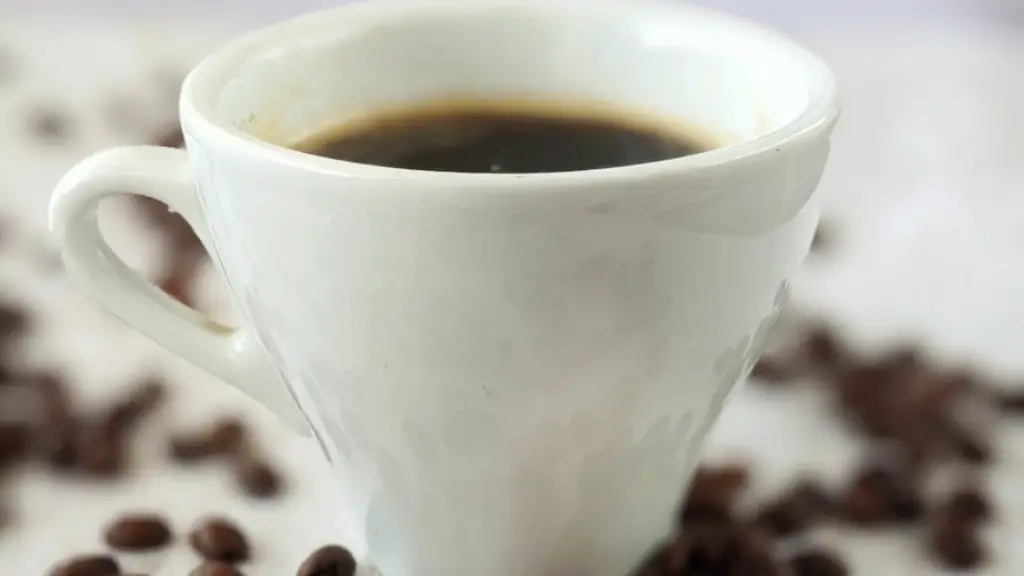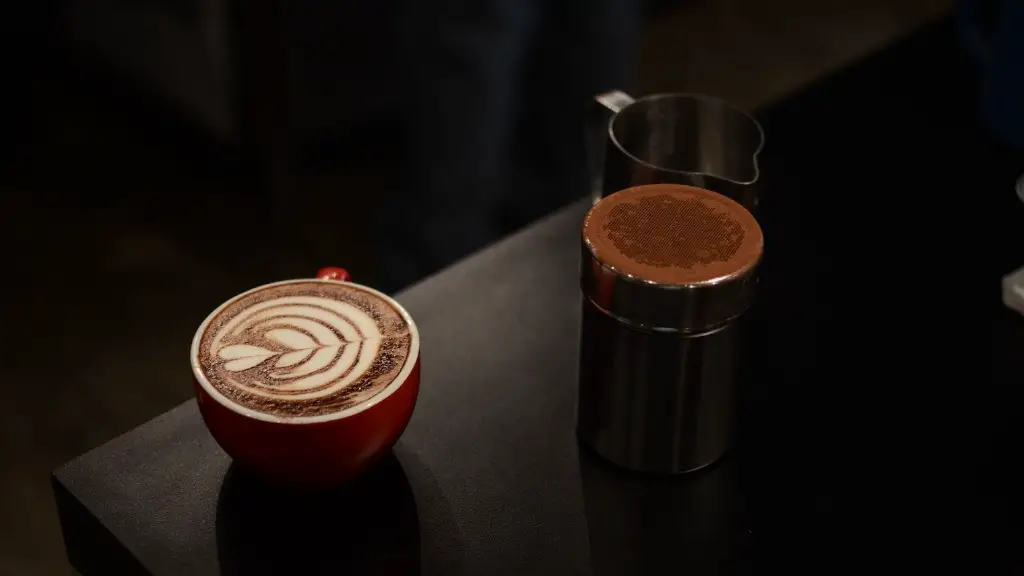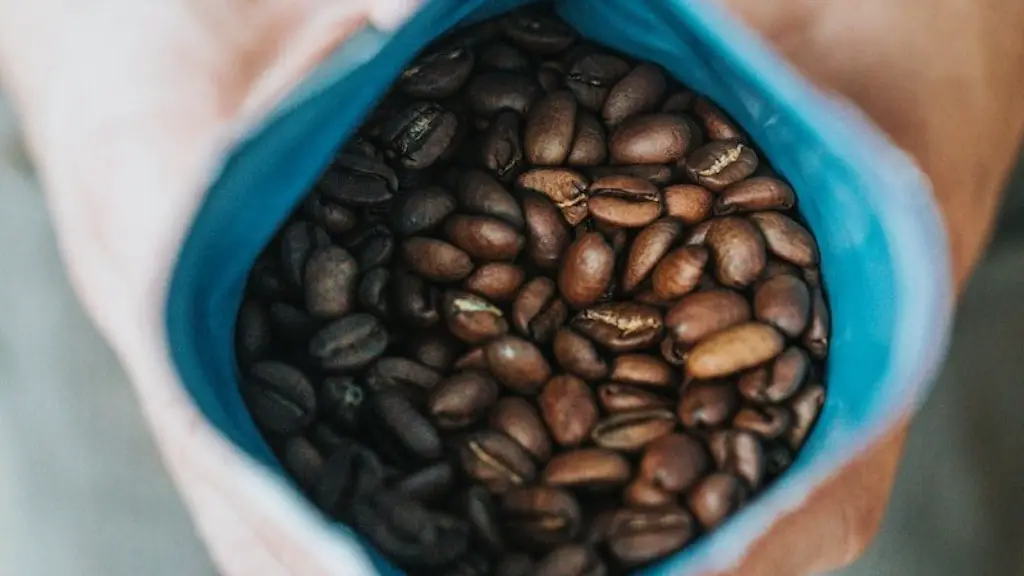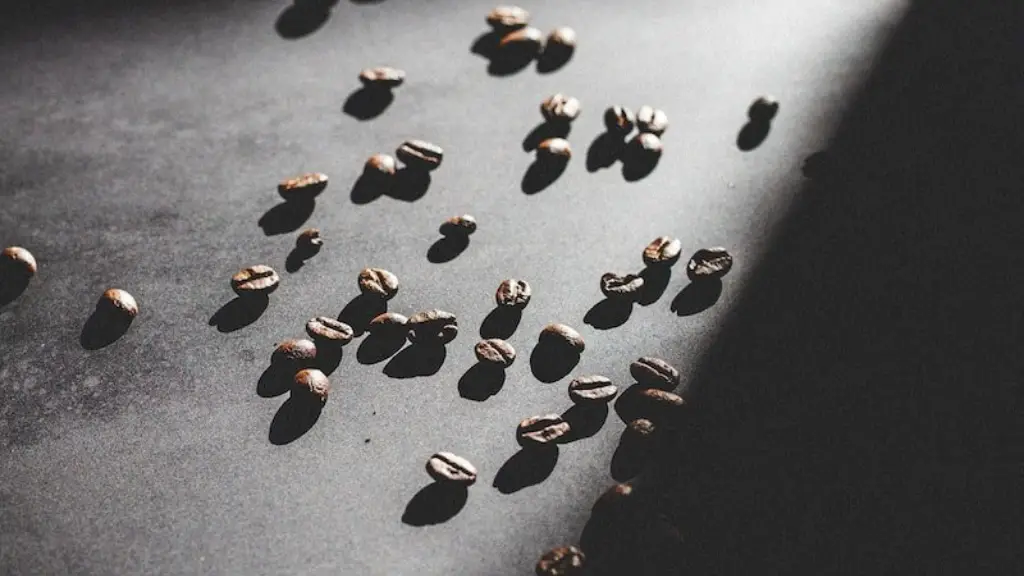We have all seen energy drinks, with their brightly colored packaging and tantalizing flavors, and we have all heard of one of their chief ingredients: caffeine. But what is and isn’t caffeine? Is coffee an energy drink?
The answer is a resounding “it depends.” Caffeine is the active ingredient in both coffee and energy drinks, but the quantity and the other ingredients found in each beverage may vary. Some coffee-based drinks, such as espresso-based beverages and iced coffees, contain more caffeine than an energy drink.
Experts point out that the caffeine content of coffee is anywhere from 75 to 165 milligrams (mg) per 8-oz cup, depending on the brewing method and coffee bean variety, but energy drinks may contain up to 500mg of caffeine per 250ml. Additionally, energy drinks usually contain other ingredients such as sugar, herbal supplements and vitamins, while coffee typically has none of these.
These additional ingredients are what make energy drinks “energy” drinks, while coffee can just provide a jumpstart of energy due to the caffeine content. In its pure form, neither coffee nor energy drinks provide any lasting energy, since the effects of caffeine are short-term. It’s important to note that energy drinks, although marketed as providing a boost of energy, haven’t been found to improve physical performance when consumed at moderate doses.
Naturally, the way in which you consume either coffee or energy drinks can affect how energizing they are. To really get the most out of your caffeine fix, experts suggest going for smaller but more frequent doses, such as sipping on a cup of coffee throughout the day instead of downing a large dose of energy drink at once.
That being said, consumption of either should be moderated, as both can have adverse health effects when taken in excess. Caffeine overdoses can cause restlessness, insomnia, irritability, nausea, and a rapid heartbeat. Moreover, many energy drinks contain additional stimulants such as ginseng, guarana, taurine, and B vitamins, which can further exacerbate these adverse effects.
Calories
One main concern with energy drinks is their caloric content. Many are loaded with sugar, ranging from 27g of sugar per 250ml in a can of Red Bull to 133g per 500ml in Monster’s Mega Monster Energy Juice, according to a study published in the Journal of Caffeine Research. In comparison, a cup of black coffee typically has only five calories.
For those looking to boost their energy levels without excess calories, experts suggest opting for a cup of coffee or an energy drink without additional ingredients. Look for beverages with low levels of sugar, such as unsweetened teas or sparkling water, and drink in moderation.
Coffee Substitutes
For those looking for an alternative to coffee that provides a burst of energy, there are plenty of options. Some of the most popular alternatives include matcha tea, yerba mate, guayusa tea, and green tea. All of these alternative teas provide a small amount of caffeine, and some are packed with antioxidants and other health benefits.
Matcha tea is made from finely ground, shade-grown green tea leaves that are processed into a fine powder. It contains just half the amount of caffeine in coffee and has a mild, earthy flavor. Yerba mate has a light, woody flavor and is chock-full of vitamins, minerals, and amino acids. Guayusa is grown in the Amazon, and is said to have a clean, bright flavor with a hint of mint. Finally, there’s green tea, a natural source of caffeine and antioxidants, with a slightly grassy flavor.
Health Benefits
Coffee or energy drinks can also have health benefits, such as increasing alertness, improving concentration, and mood-boosting effects. In addition, coffee is linked to reduced risk of type 2 diabetes, Parkinson’s disease, and dementia. A study in the journal BMJ found that people who consumed three to five cups of coffee a day had a 14% lower risk of premature death than those who consumed no coffee.
Energy drinks, on the other hand, contain a range of ingredients – in addition to caffeine – that can provide potential health benefits. For example, taurine is an amino acid found in energy drinks that is believed to improve brain health, and ginseng may help boost the immune system and improve focus. But it’s important to note the potential health risks associated with consuming too much caffeine, especially for young people and those who are sensitive to caffeine.
Risks
Caffeine is a diuretic and can lead to dehydration if taken in excessive amounts. Too much caffeine can also lead to headaches, irritability, heart palpitations, and insomnia. Additionally, energy drinks typically contain artificial sweeteners that can have long-term health effects.
Dietary supplements such as herbal supplements and vitamins found in energy drinks can also be dangerous if taken in large amounts, since they are not regulated by the FDA like drugs and other food products. Pregnant women should also avoid energy drinks, as the caffeine and other ingredients can cause adverse effects to their unborn fetus.
Summary
So, is coffee an energy drink? Technically, it may contain caffeine and provide a burst of energy, but it doesn’t have the additional ingredients – other than sugar, if you choose to add it – that make it truly an energy drink. If you’re looking for a natural, calorie-free option for an energy boost, try non-caffeinated beverages like green tea, or low-calorie, low-sugar energy drinks.
Alternatives to Caffeine
If you’re looking for an alternative to caffeine, there are plenty of options. Herbal supplements such as kola nut, ginseng, guarana, and matcha tea can help stimulate the mind and body, while also providing additional antioxidants and vitamins. For example, kola nut has been used to increase physical endurance, reduce fatigue, and improve mental clarity. Ginseng may help boost the immune system and improve focus. Guarana is said to have a cleansing effect on the body, and matcha tea is packed with antioxidants and has a light, earthy flavor.
Coffee and Sleep
When it comes to caffeine and sleep, it’s important to understand how much is too much. Studies have found that consuming more than 400mg of caffeine per day can interfere with sleep, so it is best to limit your intake to two to three cups of coffee, or one energy drink. It’s also best to avoid drinking caffeine after noon if possible, as it can take up to 8 hours for the body to process the caffeine and allow for restful sleep.
Conclusion
In conclusion, coffee and energy drinks can each provide a burst of energy, but it’s important to understand the difference between the two. Energy drinks often contain additional ingredients that can provide health benefits, but they also have potential risks if taken in excess. Coffee, on the other hand, is low in calories and can provide some health benefits, but can also interfere with sleep if consumed too close to bedtime. When deciding between coffee and energy drinks, opt for the one that provides the right balance of energy and health benefits for your lifestyle.




